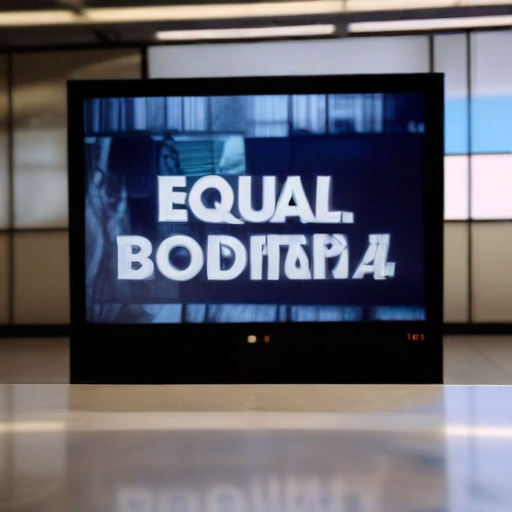A U.S. government communications regulator has raised concerns regarding Vice President Kamala Harris’s recent appearance on “Saturday Night Live,” stating it potentially violates the “equal time” rules that govern political programming. Brendan Carr, a commissioner with the Federal Communications Commission (FCC), expressed his disapproval via the social media platform X, calling Harris’s participation on the iconic show a “clear and blatant effort to evade” the established regulations.
Carr’s assertion follows an alert by the Associated Press announcing Harris’s appearance that night. He emphasized that the purpose of the equal time rule is to prevent partisan bias in broadcasting, particularly when a licensed broadcaster utilizes public airwaves to promote one candidate’s agenda without providing equal opportunities to opponents. The FCC guidelines specify that while equal opportunities should be afforded, stations do not need to present identical programming for all candidates.
On the show, Harris humorously engaged with comedian Maya Rudolph in a sketch that poked fun at former President Donald Trump’s recent rally appearances. The two performed a “mirror image” routine, where Harris seemingly encouraged Rudolph’s portrayal of herself, drawing parallels to a video where Trump awkwardly struggled with a garbage truck handle during a campaign stop. The humorous exchange included Harris and Rudolph’s witty remarks about the current political climate and a collective belief in America’s promise.
Lorne Michaels, SNL’s executive producer, explained in an interview that due to election laws and equal time provisions, it is typically not feasible for principal candidates to appear on the show. He underscored the challenge of representing all candidates, as doing so may complicate matters, particularly with lesser-known candidates not appearing on ballots in every state.
The Trump campaign decried Harris’s SNL stint, accusing her of lacking substantial contributions to the American public and describing her appearance as a distraction from her campaign’s struggles. Some viewers also noted similarities between Harris’s sketch and a previous segment featuring Trump, suggesting that the idea may not be entirely original.
This situation highlights the ongoing interplay between political figures and media representation, with new challenges emerging in the age of social media and evolving broadcasting standards. While reactions are mixed, such appearances underscore the significance of comedy in shaping public discourse and engaging voters in a lighthearted manner, particularly as the nation inches closer to the next election.
Overall, despite the controversy, Harris’s appearance could be seen as a form of connection with voters through humor, reflecting a creative approach to engage and communicate amid an increasingly polarized political landscape.
